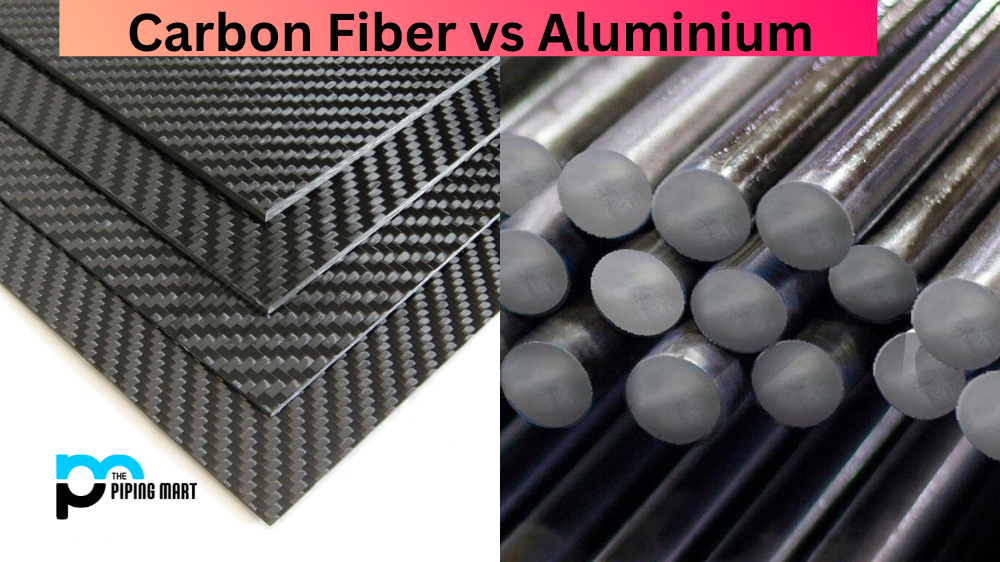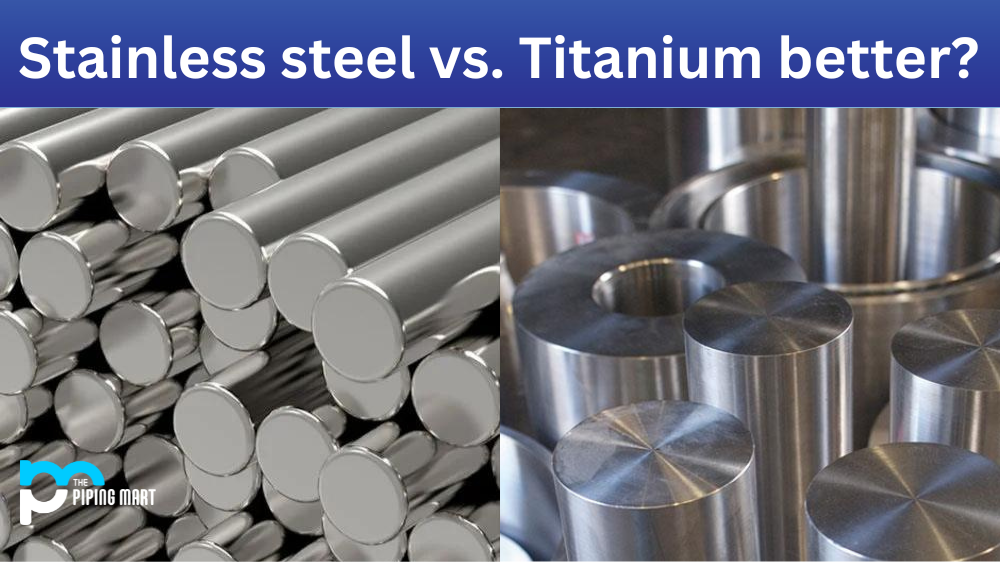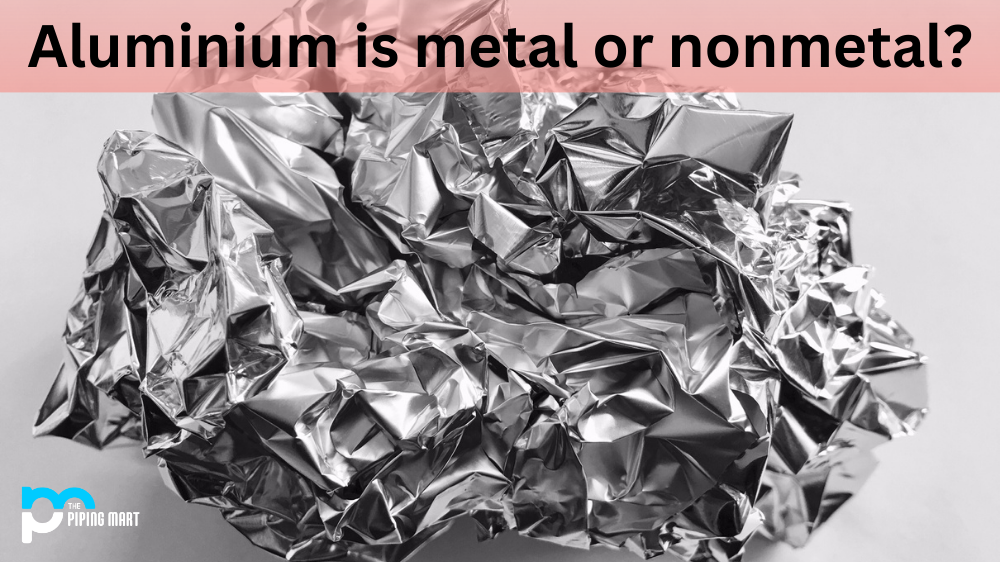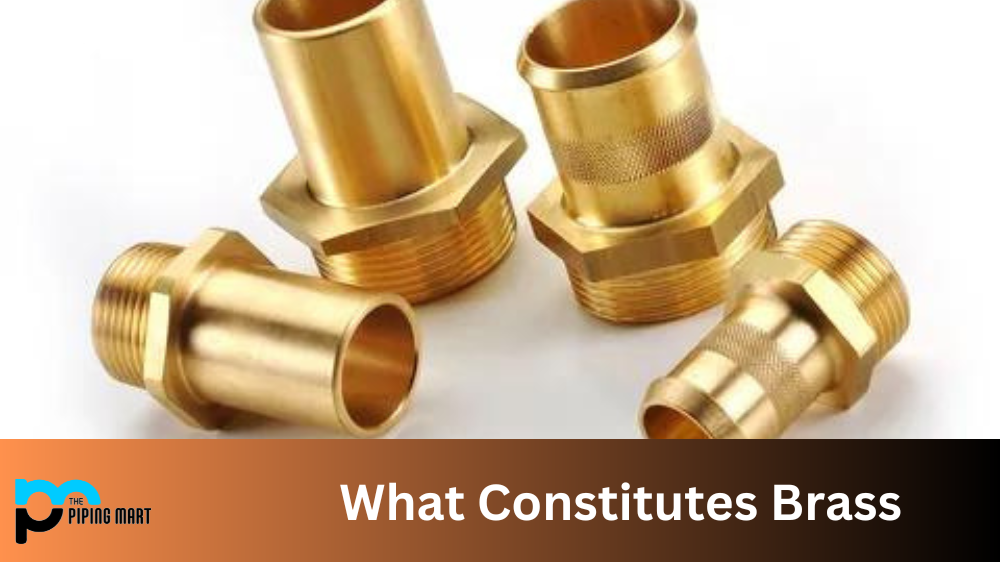For many cyclists, the choice between carbon fiber and aluminum is a difficult one. Each material has its own unique set of advantages and disadvantages, so it’s important to understand the differences between the two materials before making your decision. Let’s take a look at how they compare in terms of strength, weight, cost, and durability.
Difference Between Carbon Fiber and Aluminium
Strength
Carbon fiber is much stronger than aluminium when it comes to tension and compression forces—it can absorb shock better than aluminium as well. That’s why it’s become increasingly popular for bike frames over the past few decades; it provides more stability than aluminum without sacrificing too much weight. In terms of sheer strength, however, aluminum still takes the cake; it can withstand more force than carbon fiber before breaking or buckling.
Weight
Aluminium is denser than carbon fiber, which means that it weighs more per unit volume. However, since carbon fiber can be formed into thinner sheets or tubes with fewer reinforcements than aluminum, overall weight savings can be realized when using carbon fiber components on a bike frame. As such, if you’re looking for a lightweight ride that won’t sacrifice stability or strength, carbon fiber might be the way to go.
Cost
In general, carbon fiber components tend to be more expensive than their aluminum counterparts due to higher production costs associated with working with carbon fibers instead of metals. Additionally, since most aluminum frames are mass-produced in factories overseas while most carbon fiber frames are handmade in smaller shops in Europe or North America using specialized machinery and technicians who have experience working with this material—the price tag reflects this extra effort and skill required during production.
Durability
When comparing the durability of these two materials head-to-head, most experts will say that aluminium holds up better over time than carbon fiber due to its greater elasticity—this means that it can bend slightly before breaking instead of snapping, as some weaker materials would do under strain or pressure. However, as mentioned earlier—carbon fiber does offer superior shock absorption properties, which makes it less prone to damage from sudden impacts (like taking a hard crash) compared to aluminum bikes which may buckle under such duress depending on their construction style and design elements used during manufacturing.
Conclusion:
When deciding between carbon fiber and aluminum for your next bike frame purchase, there are several factors you must consider, including strength, weight, cost and durability. Carbon fiber offers superior shock absorption, but aluminum has greater elasticity which makes it less prone to damage from sudden impacts like crashes where as Carbon Fiber may snap suddenly under strain or pressure. Ultimately both materials provide excellent performance however understanding the pros and cons of each will help you make an informed decision about what type of frame is best for you!

Pipingmart is a B2B portal that specializes in metal, industrial and piping items. Additionally, we share the latest information and information about materials, products and various types of grades to assist businesses that are involved in this business.




